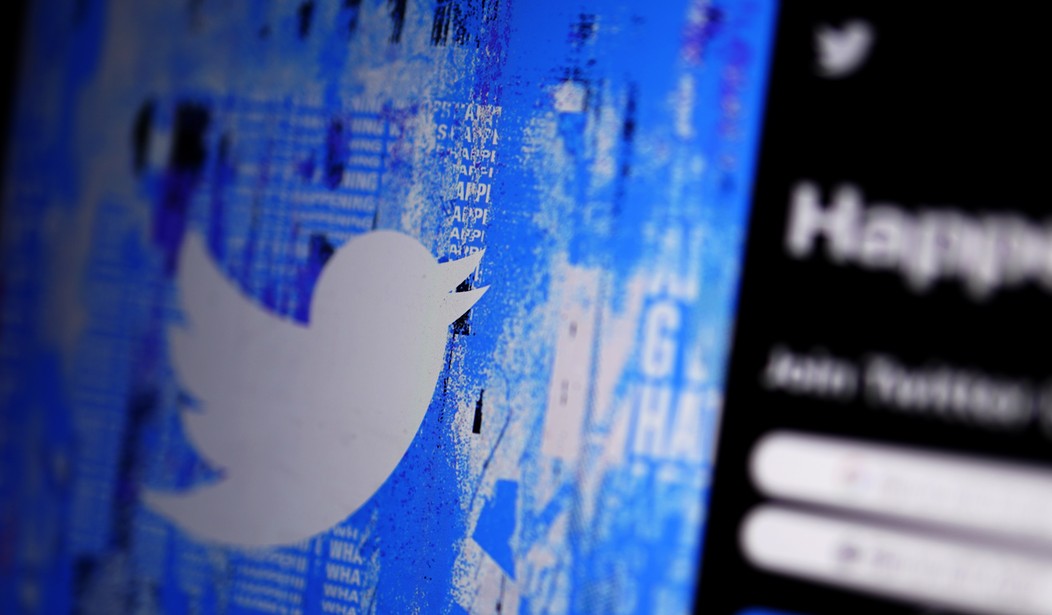Remember in the weeks leading up to the 2020 election, when Twitter took the unprecedented step of blocking the dissemination of a New York Post bombshell story detailing the Biden family’s rampant corruption, dubious foreign deals, and salacious material on Hunter Biden’s abandoned laptop?
In case you forgot, Twitter also locked the New York Post’s account for two weeks, further squelching spread of a story that could have changed the outcome of the election.
According to a poll conducted by the Media Research Center shortly after the election, “One of every six Biden voters we surveyed (17%) said they would have abandoned the Democratic candidate had they known the facts about one or more of these news stories. A shift of this magnitude would have changed the outcome in all six of the swing states won by Joe Biden, and Donald Trump would have comfortably won a second term as president.”
So, given that Twitter’s suppression of this story (and many others) directly affected the 2020 election, what does Twitter have in store for 2022?
On August 11, Twitter revealed its “approach to the 2022 US midterms.”
Per the statement, “Twitter is the place to find real-time, reliable information about the 2022 midterms – whether you’re looking for breaking news from reporters, information on voting, or policy positions from candidates. We aim to enable healthy civic conversation on Twitter, while ensuring people have the context they need to make informed decisions about content they encounter.”
Oh, really? And how does Twitter plan on accomplishing this?
“Today, as we do ahead of other global elections, we’re activating enforcement of our Civic Integrity Policy for the 2022 US midterms.”
Is it just me, or does “Civic Integrity Policy” have a decidedly Orwellian ring to it?
Recommended
According to Twitter, “The Civic Integrity Policy covers the most common types of harmful misleading information about elections and civic events, such as: claims about how to participate in a civic process like how to vote, misleading content intended to intimidate or dissuade people from participating in the election, and misleading claims intended to undermine public confidence in an election – including false information about the outcome of the election. Tweets with this content may be labeled with links to credible information or helpful context, and Twitter will not recommend or amplify this content in areas of the product where Twitter makes recommendations. People on Twitter will see a prompt prior to liking or sharing labeled tweets, and in cases where there is potential for harm associated with the false or misleading claim, the Tweet may not be liked or shared to prevent the spread of the misleading information.”
Based on these criteria, it sure seems like Twitter is preparing to intervene in the 2022 elections as much as, if not more than, it did in 2020.
Perhaps most concerning is the fact that Twitter will once again engage in what it calls “prebunks.”
As Twitter describes, “We’re also bringing back prebunks — in English, Spanish, and all other languages supported on Twitter — to get ahead of misleading narratives on Twitter, and to proactively address topics that may be the subject of misinformation. Over the coming months, we’ll place prompts directly on people’s timelines in the US and in Search when people type related terms, phrases, or hashtags.”
Apparently, Twitter learned very little from its election interference activities in 2020, seeing as how it is erecting the exact same policies of policing so-called “misinformation” that caused such turmoil in the last election.
Or, perhaps, Twitter learned much from its election intrusion efforts just two years ago.
It is more than reasonable to assume that Twitter (and other Big Tech platforms like Facebook) learned that they can get away with election meddling, as long as it benefits their preferred political ideology, which is overwhelmingly to the left of the political spectrum.
After all, is it a coincidence that more than 90 percent of Twitter’s employees sent political contributions to Democrats in 2020?
Fortunately, Elon Musk, a vocal proponent of online free speech, has a pending agreement to purchase Twitter, which means 2022 could be the last election in which Twitter can put its thumbs on the scale of. At this point, the deal cannot come soon enough.
Chris Talgo (ctalgo@heartland.org) is senior editor at The Heartland Institute.

























Join the conversation as a VIP Member